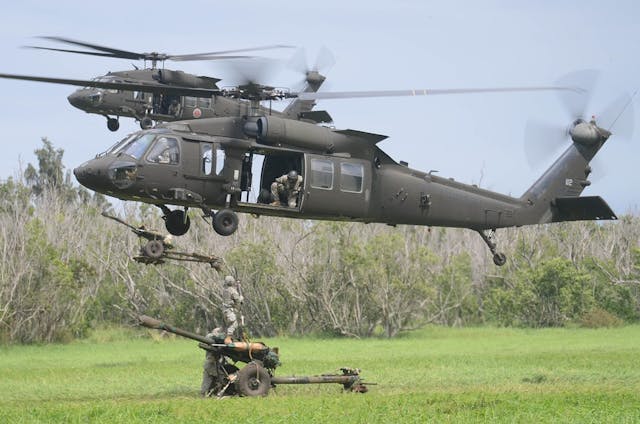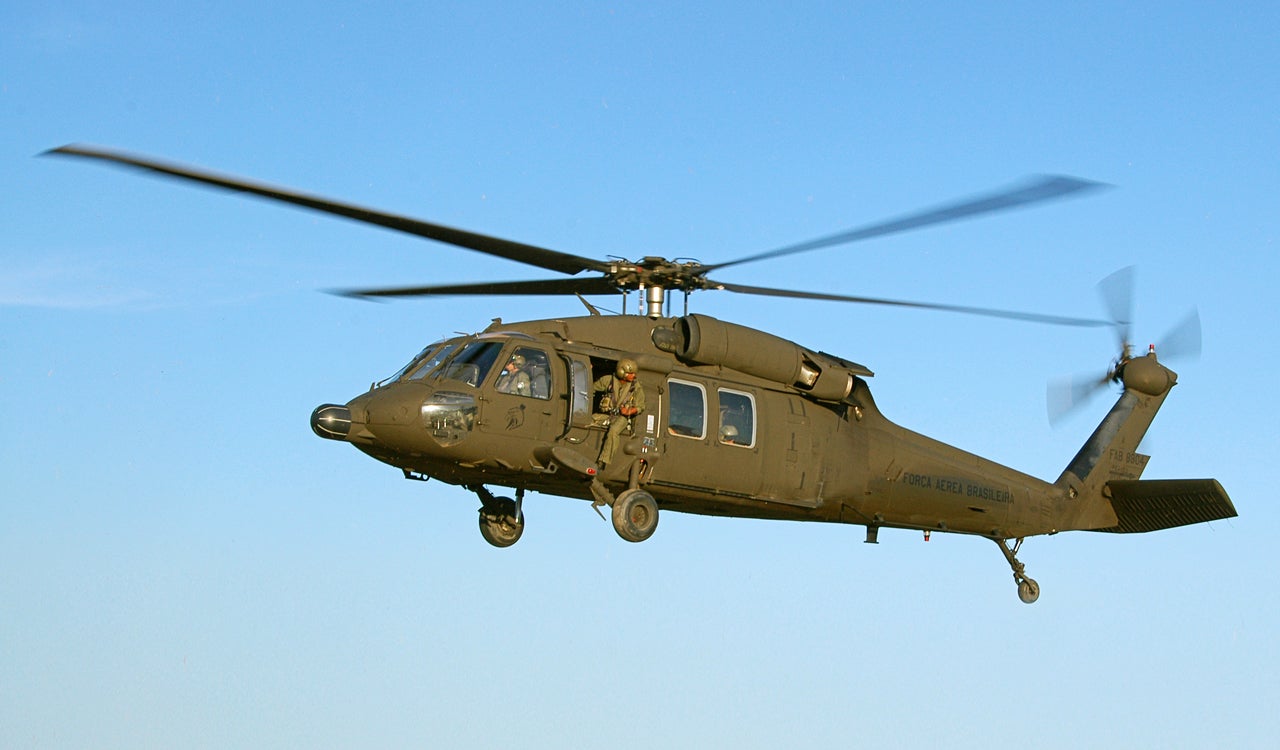The Impact of Lasting Practices on the Future of Airplane Procedures and Emissions Decrease
As the air travel industry faces raising analysis over its ecological influence, the fostering of sustainable techniques emerges as an essential path towards future airplane procedures and emissions decrease. Developments in lasting aviation fuels and innovations in hybrid propulsion technologies stand at the center of this transformation, encouraging significant reductions in greenhouse gas exhausts. The successful integration of these campaigns hinges on a variety of elements, including governing frameworks and industry partnership. The question stays: how will these advancing methods reshape the dynamics of air travel and contribute to a more lasting future?

Summary of Lasting Practices
Sustainable practices in aircraft procedures include a variety of methods targeted at decreasing ecological effect while maintaining functional performance. These methods are vital in the air travel sector's dedication to decreasing its carbon footprint and sticking to global ecological requirements. Trick campaigns include optimizing trip paths to decrease fuel consumption, improving upkeep protocols to guarantee airplane run at peak performance, and executing advanced innovations such as winglets and light-weight products that boost aerodynamics.

Training and engaging personnel on sustainability practices likewise play an essential function, promoting a culture of ecological responsibility within organizations. On the whole, the integration of these lasting techniques not just assists lower discharges yet also enhances the lasting feasibility of the aeronautics sector, ensuring it fulfills the demands of both clients and governing bodies while adding to international sustainability objectives.
Cutting-edge Gas Alternatives
Various innovative gas choices are becoming pivotal options to lower the aviation market's dependence on traditional nonrenewable fuel sources. Among these choices, Lasting Air travel Fuels (SAFs) have obtained substantial focus because of their prospective to lower lifecycle greenhouse gas emissions by approximately 80% compared to conventional jet gas. SAFs are originated from numerous feedstocks, consisting of waste oils, farming residues, and even algae, making them a functional alternative for the industry.
An additional promising choice is hydrogen gas, which, when made use of in fuel cells, creates only water vapor as a result. This zero-emission prospective presents a significant opportunity for decarbonizing flight procedures, especially for short-haul flights and local aircraft. Additionally, electrical propulsion systems are being discovered, leveraging battery modern technology to power airplane. While present battery capacity restrictions array and payload, continuous developments may soon make electrical flights practical for specific applications - uh 60.
Finally, biofuels derived from biomass are being examined, using a sustainable alternative that can be combined with standard fuels. Collectively, these cutting-edge fuel options stand for a vital action towards attaining a lasting aeronautics ecosystem, aligning with international discharges reduction targets and improving the industry's environmental stewardship.
Technical Advancements in Air Travel

Exactly how can technological innovations improve the future of aeronautics? Advancements such as hybrid and visit here electrical propulsion systems are at the center, promising considerable decreases in gas intake and greenhouse gas exhausts.
Moreover, the application of advanced products, such as light-weight compounds, contributes to enhanced aerodynamics and gas efficiency. The use of man-made intelligence and equipment understanding in trip procedures optimizes path planning and minimizes fuel shed by making it possible for real-time changes based on climate and traffic conditions. In addition, the development of autonomous and remotely piloted aircraft systems stands to reinvent cargo and passenger transport, possibly increasing efficiency while minimizing human error.
Additionally, sustainable aeronautics innovations, consisting of advanced air traffic administration systems, can minimize and streamline procedures blockage, bring about reduced exhausts during flight. These innovations collectively represent a standard change in aviation, promising a future where sustainability and operational efficiency are intertwined, therefore sustaining the market's dedication to decreasing its environmental influence.

Governing Framework and Compliance
In light of the expanding emphasis on ecological stewardship within the air travel industry, the governing structure regulating aircraft procedures is advancing to promote sustainable practices. Governing bodies, such as the International Civil Air Travel Company (ICAO) and different national aeronautics authorities, are introducing strict guidelines aimed at minimizing emissions and improving operational performance.
These laws commonly include the adoption of Sustainable Air travel Fuel (SAF), which has actually been identified as an essential part in achieving reduced carbon footprints. Conformity with these regulations requires airline companies to implement sophisticated modern technologies and operational methods, such as maximized trip paths and boosted air website traffic administration, to reduce fuel usage.
In addition, the enforcement of discharges trading systems and carbon countering efforts is ending up being increasingly prevalent, engaging airline companies to keep track of and report their emissions accurately. Non-compliance can result in significant fines, hence pushing operators to focus on sustainability in their business designs.
Ultimately, the developing regulative landscape not just drives advancement and investment in eco-friendly modern technologies yet additionally cultivates a society of responsibility within the aviation market. As these frameworks continue to create, the focus on sustainable practices useful site will be essential to achieving the field's lasting environmental goals.
Future Trends in Aircraft Operations
As the aviation industry adapts to a progressively strict governing environment, future fads in airplane operations are readied to concentrate on ingenious remedies that further boost sustainability and efficiency - uh 60. Trick developments will likely include the fostering of sophisticated air website traffic management systems, which make use of real-time information and expert system to maximize trip courses, reducing gas intake and discharges
Another considerable trend is the increased assimilation of sustainable air travel gas (SAFs) These options to traditional jet gas, originated from sustainable sources, can considerably decrease lifecycle greenhouse gas exhausts. The sector's dedication to SAFs will likely accelerate special info as airlines team up with fuel producers to guarantee accessibility and cost-effectiveness.
Furthermore, the press in the direction of electrification and crossbreed propulsion systems is obtaining energy. Arising aircraft designs will certainly integrate these modern technologies, offering quieter and extra effective procedures, specifically for short-haul trips.
Final Thought
Finally, the integration of sustainable practices in aircraft operations holds considerable possibility for emissions decrease and enhanced performance. The fostering of sustainable air travel gas, coupled with innovations in electric and hybrid propulsion systems, is essential for decreasing lifecycle greenhouse gas discharges. Moreover, optimizing flight courses and embracing ingenious innovations contribute to a quieter and much more eco-friendly aeronautics market. Collectively, these initiatives line up with international sustainability goals and lead the way for a greener future in aviation.
Innovations in lasting air travel gas and developments in hybrid propulsion innovations stand at the center of this makeover, appealing substantial decreases in greenhouse gas emissions.Countless cutting-edge fuel choices are arising as essential remedies to decrease the aviation market's reliance on typical fossil gas - uh 60. Among these alternatives, Sustainable Aeronautics Fuels (SAFs) have actually gotten significant attention due to their possible to decrease lifecycle greenhouse gas exhausts by up to 80% contrasted to standard jet gas.One more significant trend is the increased combination of lasting air travel fuels (SAFs) The fostering of sustainable air travel fuels, combined with developments in hybrid and electric propulsion systems, is necessary for reducing lifecycle greenhouse gas exhausts
Comments on “Maintenance and Maintenance for UH 60 Helicopters”